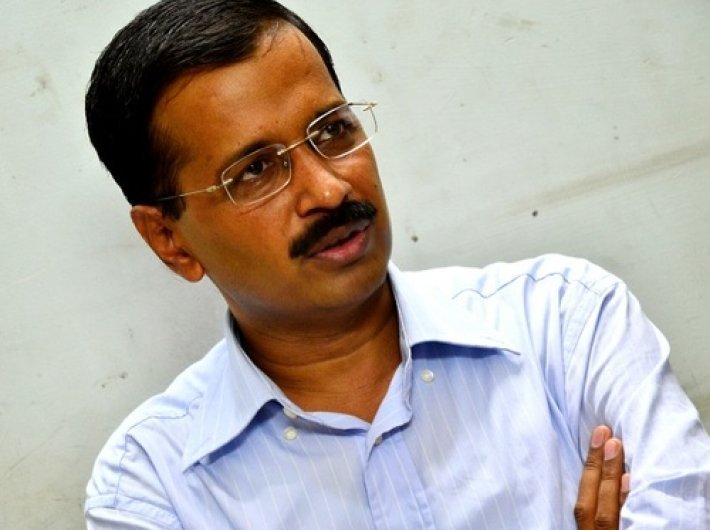Revadi (sweetmeat) or more popular word, ‘freebies’, has been dominating headlines recently. A public interest litigation (PIL) has been filed in Supreme Court to bar all political parties from making such promises. In response, one leading political party, Aam Aadmi Party (AAP), has filed their objection to the PIL stating that schemes for the socio-economic welfare of the deserving and disadvantaged masses cannot be described as "freebies”.
Earlier, a few days back, the Supreme Court had asked stakeholders like the central government, Niti Aayog, Finance Commission and the RBI, to brainstorm on the "serious" issue of freebies announced during elections and put forth constructive suggestions to tackle it, saying no political party will oppose such handouts or to debate it in Parliament. The Supreme Court had hinted at ordering setting up a mechanism for suggesting measures to the government to deal with the issue.
Behind these headlines, Reserve Bank of India on June 16th had released an article, ‘State Finance: A Risk Analysis’, in its June 2022 news bulletin. The synopsis read: “Against the backdrop of the Sri Lankan crisis, this article attempts to put the spotlight on fiscal risks confronting state governments in India, with emphasis on the heavily indebted states. The slowdown in own tax revenue, a high share of committed expenditure and rising subsidy burdens have stretched state government finances already exacerbated by COVID-19. New sources of risks have emerged in the form of rising expenditure on non-merit freebies, expanding contingent liabilities and the ballooning overdue of Discoms.”
The paper tried to define freebies as under:
“While there is no precise definition of freebies, it is necessary to distinguish them from public/merit goods, expenditure on which brings economic benefits, such as the public distribution system, employment guarantee schemes, states’ support for education and health. On the other hand, provision of free electricity, free water, free public transportation, waiver of pending utility bills and farm loan waivers are often regarded as freebies, which potentially undermine credit culture, distort prices through cross-subsidisation eroding incentives for private investment, and disincentivise work at the current wage rate leading to a drop in labour force participation.”
The paper analysed states in terms of Gross State Domestic Products (GSDP), various liabilities, including off balance sheet items like loans raised by state entities guaranteed by government and did stress testing under various scenarios. Its conclusion was:
“The fiscal conditions among states in India are showing warning signs of building stress. The slowdown in own tax revenue, a high share of committed expenditure and rising subsidy burden have stretched state government finances exacerbated by COVID-19. For the five most indebted states, the debt stock is no longer sustainable, as the debt growth has outpaced their GSDP growth in the last five years. New sources of risks have emerged – relaunch of the old pension scheme by some states; rising expenditure on non-merit freebies; expanding contingent liabilities; and the ballooning overdue of DISCOMs – warranting strategic corrective measures. Stress tests show that the fiscal conditions of the most indebted state governments are expected to deteriorate further, with their debt-GSDP ratio likely to remain above 35 per cent in 2026-27.”
With this research paper in background, and huge public debate around freebies, let us dispassionately evaluate the options. India is a major economic power, the sixth largest economy in the world and may surpass the UK to become the fifth largest economy. However, in terms of the UN Human Development Index it ranks 131. It means there are vast majority of people who are underprivileged and cannot just be left to market dynamics. Any government, whether central or state, has to bear the responsibility for upliftment of this bottom of pyramid and spill-over effects of growth alone will not be able to ameliorate their conditions. Targeted intervention is the only key, and this should preferably be through Direct Benefit Transfers, rather than through a complex system of subsidies. For those below the poverty line, these freebies may be the means of sustenance.
But the whole process should be transparent. While political parties should have the liberty to announce the handouts and doles. They must come out clean how to raise resources. For governments, there are only two major streams of funds: tax Revenue or borrowings. Each announcement must specify the additional taxes to be levied or additional borrowing and whether it is within reasonable fiscal deficit or specify how these will improve economy and either raise taxpayers’ base or tax buoyancy. Each party manifesto should have transparent disclosures and broad draft budget sketches. No political party should feel like having a divine right to throw a party at taxpayers’ expense in luring votes with uneven and unfair play.
The matter will be addressed in the Supreme Court this week. It is a good idea, as suggested by the court, to have a body with representation from Niti Aayog, RBI, and Finance Commission. The body should gradually evolve into an institution and act like a watchdog with oversight of poll promises and /or study of all freebie/subsidy and raise red flag when it has the potential to breach prescribed fiscal discipline. Give free whatever, but budget for it within your means.
Mishra is a topper in Political Science from Sambalpur University (Odisha).
